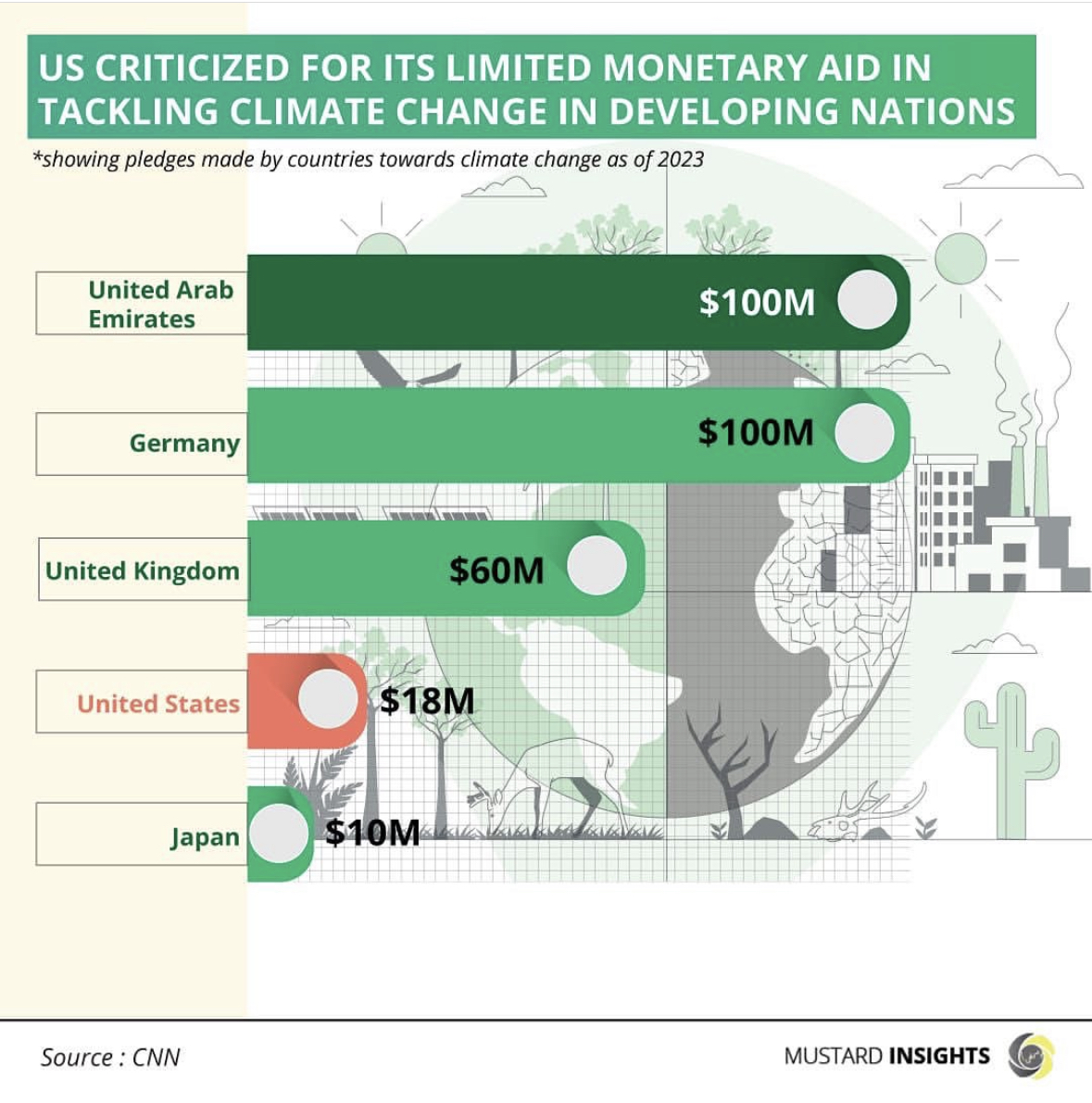
The ongoing 2023 United Nations Climate Change Conference (COP 28) in Expo City Dubai, UAE, has stirred up a storm of controversy surrounding the number of Nigerian delegates in attendance. The host nation, UAE, took the lead with 4,409 participants, followed by Brazil with 3,081. Surprisingly, both China and Nigeria came in joint third, each with 1,411 attendees.
Nigerians worldwide are expressing their dissatisfaction with the Nigerian government's decision to send such a large delegation, viewing it as an unnecessary and extravagant use of taxpayers' money. The sentiment is particularly strong, considering Nigeria's economic challenges and the pressing need for spending priorities.
In 2021, Nigeria signed the Climate Change Act, a move intended to underscore the country's commitment to addressing climate change issues. With a history of climate-related challenges, such as deforestation and floods, Nigeria's participation in global forums like COP 28 was expected to be a demonstration of its dedication to combating climate change.
However, the debate centers on whether the level of commitment shown aligns with the nation's current economic reality. Many argue that the sheer size of the delegation, and the associated costs, do not match the pressing economic needs of the country.
Brazilian President Luiz Lula da Silva defended his country's substantial delegation, citing a strong commitment to fighting climate change. While Nigeria faces similar environmental challenges, the criticism mainly revolves around the economic viability of such a sizable delegation.
The Nigerian federal government contends that the conference is not a mere jamboree, highlighting the diverse representation, including media, civil societies, businesses, state governments, and federal government officials. They argue that not everyone present in Dubai is sponsored by the federal government.
However, media reports, such as from Businessday newspaper, reveal that out of the 1,411 delegates, 590 were sponsored by the presidency, with an estimated cost of ₦880 million for their travel alone. This figure does not include welfare and other associated expenses, painting a staggering financial commitment.
Comparisons with the United Kingdom, a wealthier nation, have called for spending cuts in public institutions to redirect funds to more critical areas. This raises concerns among Nigerians, as every naira spent on what is perceived as extravagance translates to a missed opportunity for investments in crucial sectors like health, education, and power infrastructure.
The optics of such spending, particularly in the face of the nation's economic challenges, are not favorable. The controversy surrounding Nigeria's COP 28 delegation is not only about climate change but also about responsible financial management and prioritizing the well-being of its citizens. As Nigerians grapple with multi-dimensional poverty, the perceived excesses in delegation size and associated costs are indeed provocative. The government's response to these concerns will be closely watched as the conference unfolds.
- Published: 7th December, 2023
Thoughts?
We won't share your email address. All fields are required.
